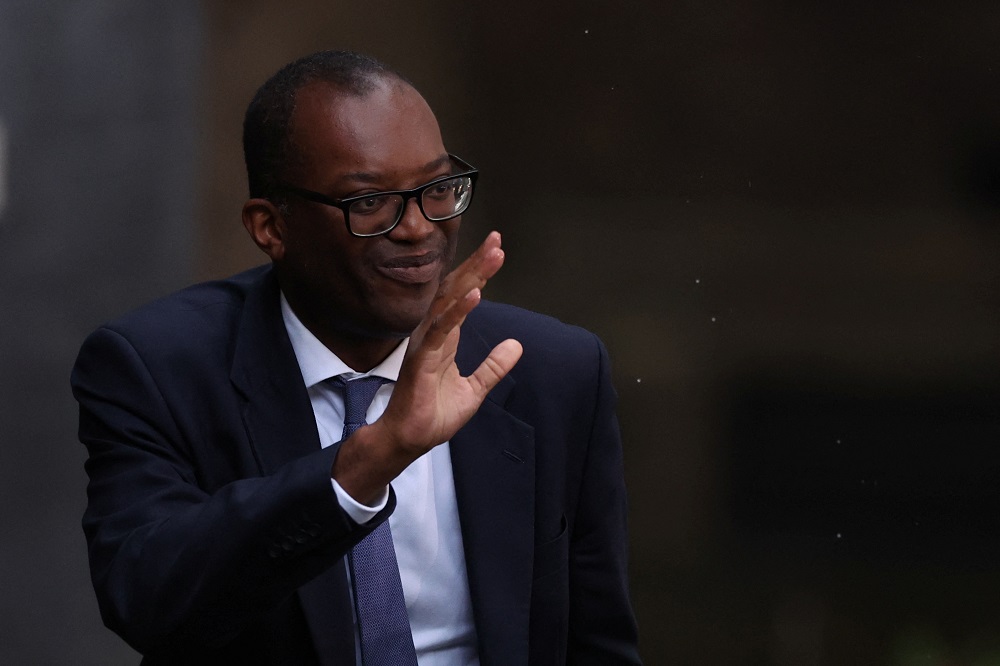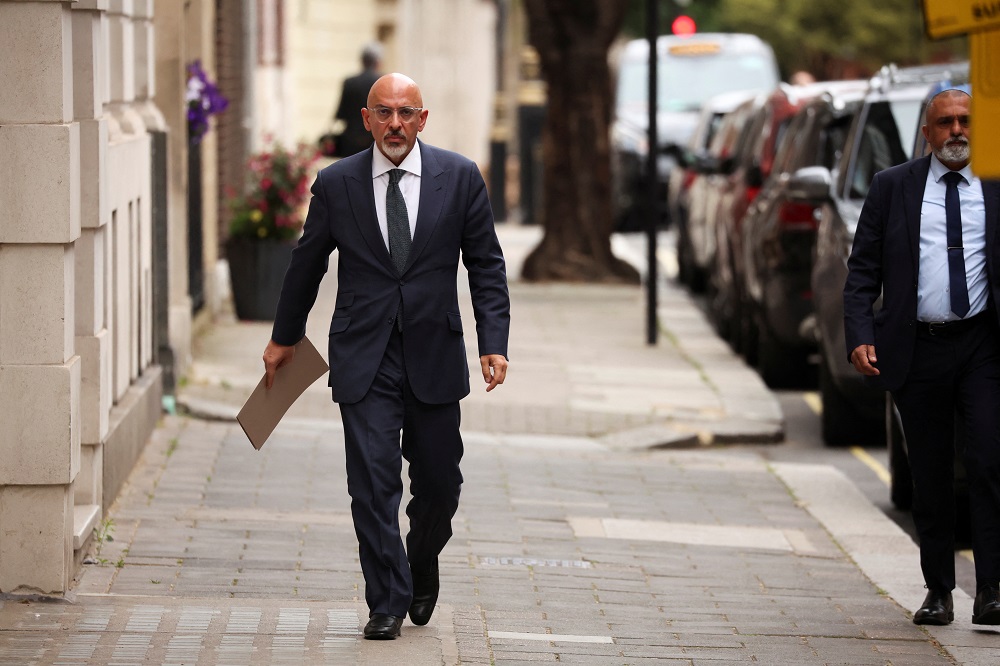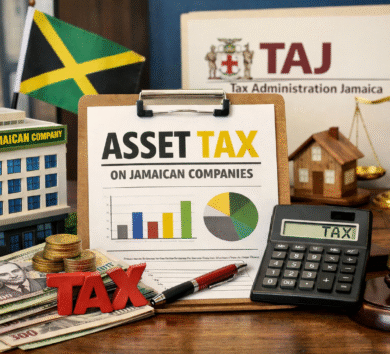

The Government’s management of the United Kingdom’s (UK) finances has been a story of abject chaos and a revolving door of chancellors.
In the last four months, the UK has had four chancellors of the exchequer – namely Rishi Sunak, Nadhim Zahawi, Kwasi Kwarteng and now Jeremy Hunt. This is unprecedented in British history.
It paints a picture of a rudderless government that has no clear idea how to manage the country’s coffers and a political party unsure of how to chart its future.
Black Wednesday heralded the beginning of the end for Kwasi Kwarteng, who was in office for just 38 days. He has the distinction of being the second shortest serving chancellor in British history, only surpassed by Iain McCloud who lasted just 30 days in June 1970 before dying from a heart attack.

Kwarteng embarked on a mini budget that saw the Government giving away £45 billion in tax cuts with no plan to pay for it. This sent the markets into a tizzy and saw the Pound fall to its lowest level in 40 years.
Insisting he would remain in his job, he was called back early from a meeting with the International Monetary Fund (IMF) and duly sacked by Prime Minister Liz Truss, a sacrificial lamb for the abominable decisions taken. She subsequently had to make a number of U-turns and has apologised for her waywardness.
Her new chancellor, Hunt, has now declared that the Kwarteng mini-budget is no more and that in fact there will be a rise in corporation tax to 25 per cent as originally planned.

It is nothing more than humiliating and the prime minister’s authority and stewardship has been called into question. According to one poll, half of her party’s MPs think she should resign.
Kwarteng’s reputation has been shredded and it may very well be that he will be sitting on the backbenches for some time to come. Truss threw him under the bus, reversed and ran over him again, striking a fatal blow to a bright political career.
With winter soon to make its presence felt, and Brits facing heating bills of around £5,000, there will be plenty of disgruntled people already impacted by high inflation and rising mortgage payment costs. Truss must act fast to regain trust and get the country on to a sure footing. She must also demonstrate to her Cabinet and party that she knows what she is doing and not lead the party down a disastrous path.
Britain is no longer compared to Germany and France as an economic power – it’s beginning to be put in the same category as Greece and Italy.
Less than six weeks in office, Truss has had to reverse herself time and time again with her financial plan now in tatters.
She has remained silent on whether pensions and state benefits will be increased in line with inflation and ominously the new Chancellor Jeremy Hunt has announced that £40 billion will be cut from public spending.

Already there are calls for Boris Johnson to be re-instated as prime minister, with some Conservatives having chosen Truss over Sunak in the race for leadership last month, pleading for the former chancellor to rescue the country.
So what has to happen here?
The Government must come to terms with how it will address the £72-billion hole in its finances. It has to find a solution to the impending energy cost crisis. Already there is talk of the country having to face blackouts and turn off electricity for hours to curb costs.

How can this government reassure the markets and regain confidence? Will it have to revise its growth plan and settle for less than 2.5 per cent of GDP given the current turmoil. With the Bank of England buying back gilts to the tune of £65 billion, will there be anymore interventions in the near future?
Someone has to steady the ship.







Comments